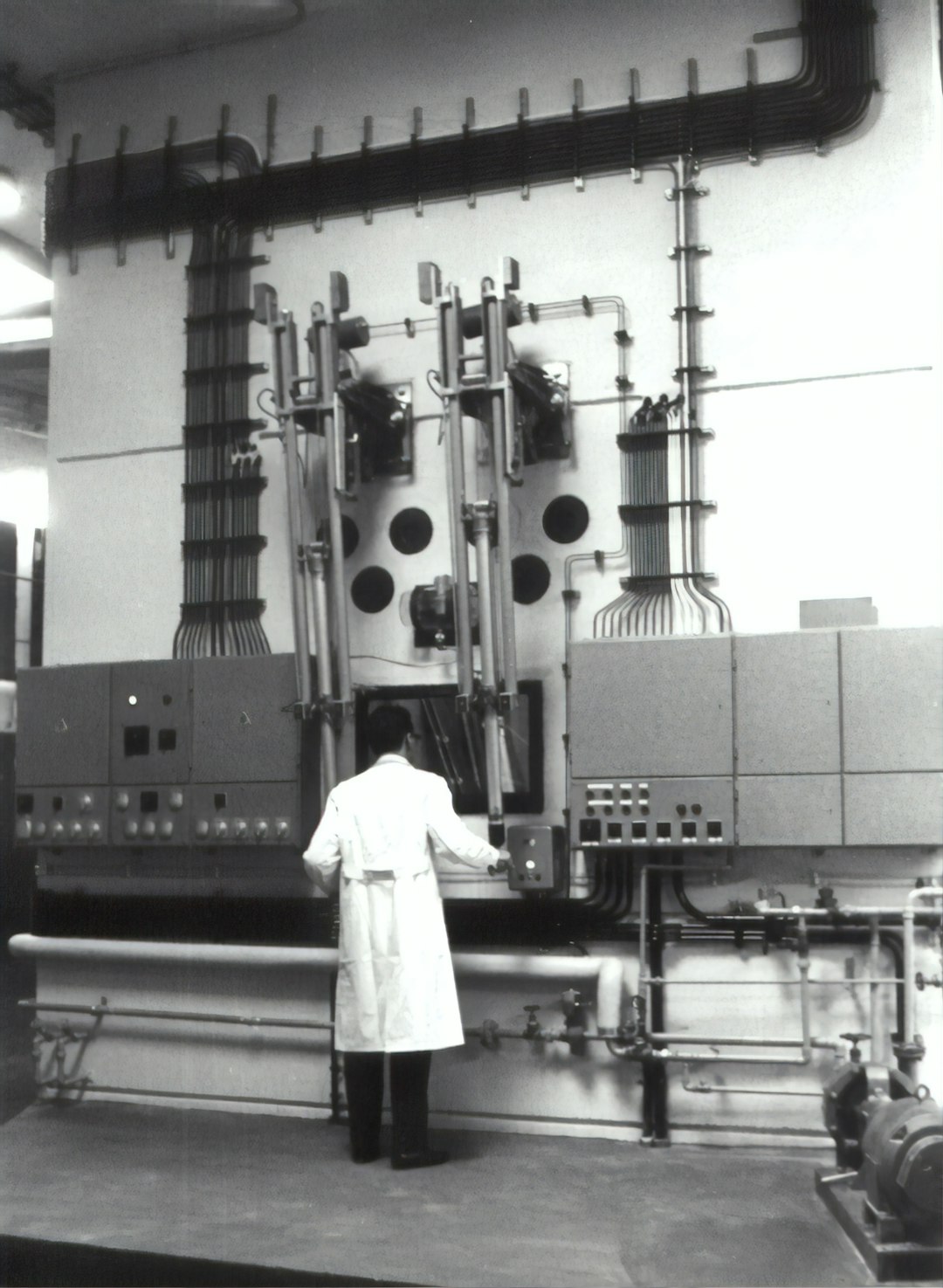The Future of Manufacturing: Insights and Predictions
Manufacturing has always been a vital sector of any economy, with its ability to generate jobs and contribute to innovation and economic growth. However, with the advent of new technologies and the ever-changing demands of consumers, the manufacturing industry has undergone significant transformations. In this blog post, we will delve into the insights and predictions for the future of manufacturing.
One of the most significant shifts in the manufacturing industry is the integration of advanced technologies such as artificial intelligence (AI), robotics, and automation. AI and machine learning algorithms have the potential to optimize production processes, improve quality control, and reduce waste. Robotics, on the other hand, can take over repetitive and dangerous tasks, enhancing worker safety and efficiency. Automation enables a more streamlined production line, minimizing errors and increasing productivity. These advancements will undoubtedly reshape the future of manufacturing.
Another area that holds promising potential for the future of manufacturing is 3D printing, also known as additive manufacturing. 3D printing allows the creation of complex and customized products, revolutionizing supply chains and reducing costs. From prototyping to the production of final parts, 3D printing offers increased flexibility and faster time-to-market. With further developments and advancements in materials, 3D printing will fundamentally change how manufacturing is approached and executed.
Sustainability is becoming a crucial focus for manufacturers worldwide. The growing concern for environmental impact and the need for sustainable practices are forcing the industry to find greener alternatives. Manufacturers are increasingly adopting renewable energy sources, waste reduction strategies, and eco-friendly materials. The future of manufacturing will inevitably see a greater emphasis on sustainable practices throughout the entire production cycle, from sourcing raw materials to the disposal of end products.
The Internet of Things (IoT) is another technology that is revolutionizing manufacturing. By connecting machines, devices, and sensors, manufacturers gain real-time insights into their processes and equipment performance. This enables predictive maintenance, reduces downtime, and optimizes resource utilization. IoT also facilitates the integration of data analytics, allowing manufacturing companies to make data-driven decisions and improve overall efficiency.
The rise of e-commerce and changing consumer preferences are leading to a shift towards mass customization. Consumers now expect personalized products tailored to their individual needs and desires. To meet these demands, manufacturers must enhance their agility and flexibility. This requires a shift from traditional mass production towards more adaptable, modular manufacturing systems. Customization will become a competitive advantage in the future of manufacturing, allowing companies to differentiate themselves and meet evolving consumer expectations.
Furthermore, collaboration between manufacturers and their supply chains will become increasingly critical. Supply chains need to be agile, transparent, and responsive to sudden shifts in demand or disruptions. As manufacturers rely more on just-in-time production and shorter lead times, collaboration with suppliers will be crucial for the success and resilience of manufacturing operations.
In conclusion, the future of manufacturing will be shaped by the integration of advanced technologies, such as AI, robotics, and automation. 3D printing will revolutionize production processes, while sustainability will become a fundamental principle for manufacturers. The Internet of Things will enable greater connectivity and optimization, and mass customization will cater to changing consumer preferences. Collaboration and agility within supply chains will be paramount. By embracing these insights and predictions, manufacturers can thrive in the ever-evolving landscape of the future.

